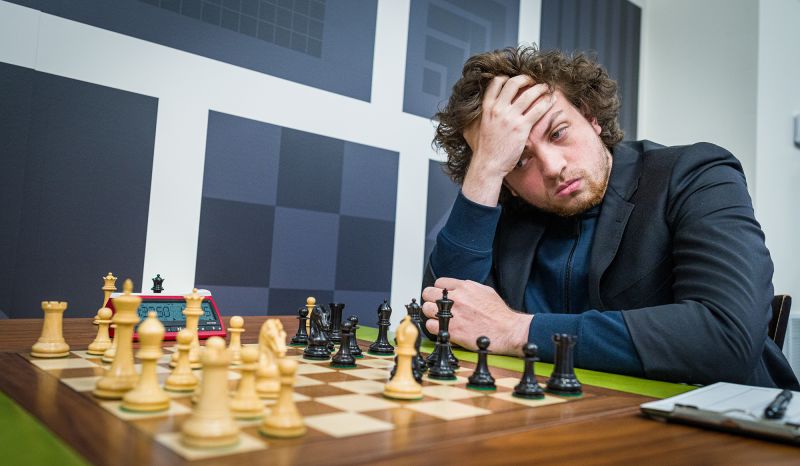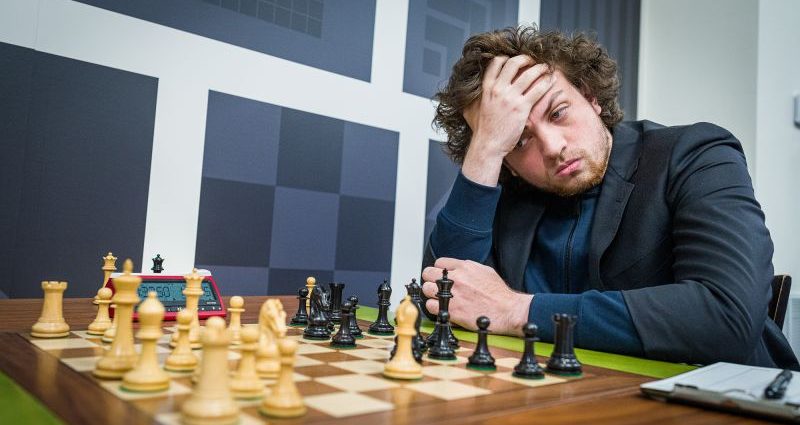
An investigation is set to be launched in the wake of cheating allegations made by world chess champion Magnus Carlsen, FIDE – the sport’s global governing body – announced on Thursday.
On Monday, Carlsen accused fellow grandmaster Hans Niemann of cheating, saying that his rival’s “over the board progress has been unusual.”
This was after Carlsen withdrew from the Sinquefield Cup earlier this month after a loss to Niemann, then withdrew from his next game against the American after making just one move at the Julius Baer Generation Cup.
“He wasn’t tense or even fully concentrating on the game in critical positions, while outplaying me as black in a way I think only a handful of players can do,” Carlsen said about his defeat against Niemann at the Sinquefield Cup.
Niemann has admitted to cheating in online chess at the ages of 12 and 16 but insists he has never cheated in over-the-board games.
FIDE’s Fair Play Commission (FPL) has launched a three-member investigatory panel to examine Carlsen’s allegations and Niemann’s statement about cheating online.
“In the best interest of the chess community, we would kindly ask the public to refrain from speculations on the outcomes and potential sanctions until all available facts are well considered, and a proper investigation is finalized,” said Salomeja Zaksaite, chairperson of the FPL.
According to FIDE, the panel has the possibility to call for consultations with external experts if required.
“The FPL is ready to examine the circumstances, compile and analyze all the data and evidence available, and ascertain the facts and allegations that have been made public,” said a statement from the federation.
“The panel will ensure a fair ruling, protecting the rights of both parties during the investigation.”
CNN has previously contacted both Niemann and Carlsen about the cheating allegations.
Speaking to CNN earlier this week, Emil Sutovsky, director general of FIDE, called cheating a “massive problem” in online chess, but added that over-the-board games have long had measures in place to detect cheating.
“It started with all sorts of scanners and checkups – and it’s not like metal scanners you use in airports,” Sutovsky said.
“We use those as well, but these are only part of a global picture. We use non-linear scanners, we use delays in the broadcast in order to minimize the chances [of cheating], [and] we use fair play officers who would monitor physically what players are doing.”
CNN’s Ben Morse and Matt Foster contributed to reporting.

